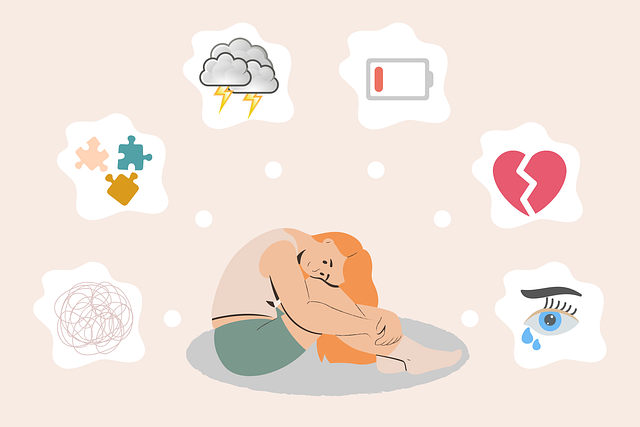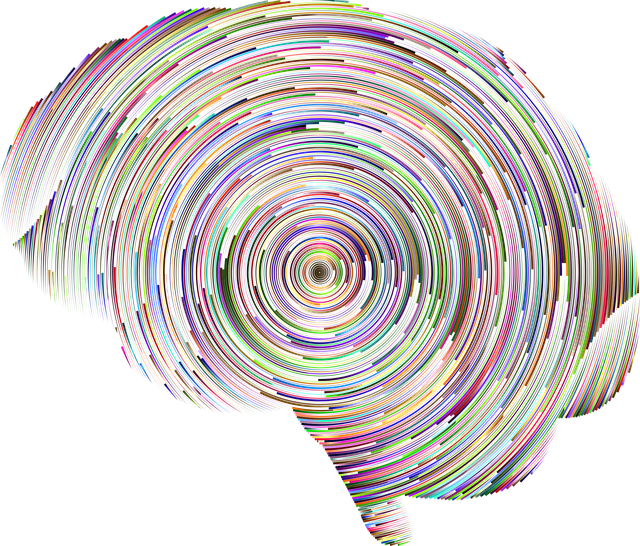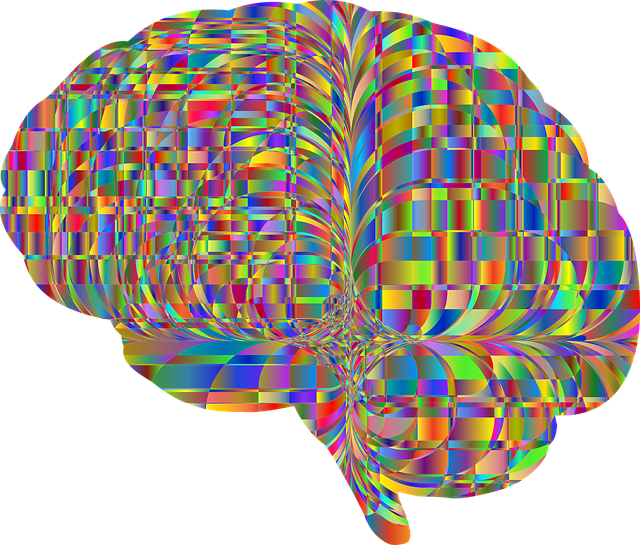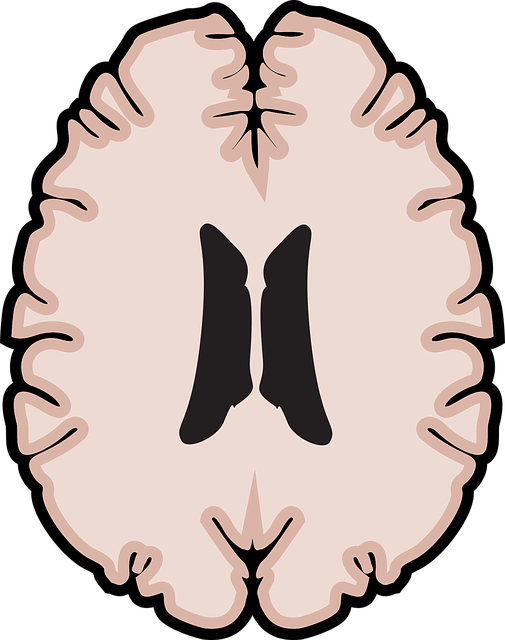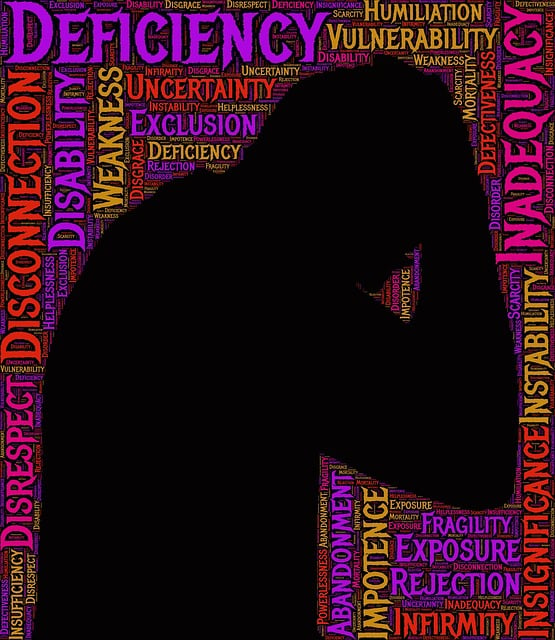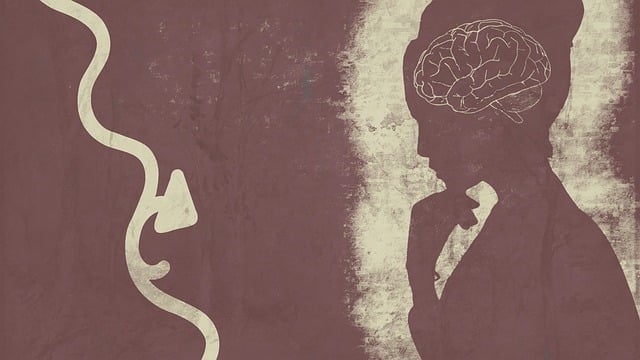In a fast-paced world, rising Attention Deficit Disorder (ADD) and Attention Deficit Hyperactivity Disorder (ADHD) diagnoses in children highlight the need for innovative mental wellness solutions. Mental wellness apps offer interactive tools tailored to young minds, enhancing traditional therapy methods. These apps focus on emotional intelligence, gamified learning, and structured routines, improving mood management and self-regulation. By integrating community outreach and policy advocacy, these digital tools address systemic challenges in healthcare access. Effective apps should combine evidence-based practices with engaging design, prioritize data privacy, and foster positive self-image through interactive exercises for young children with ADD-ADHD.
Mental wellness apps are transforming the way we support young children’s emotional health, particularly those with Attention-Deficit/Hyperactivity Disorder (ADD-ADHD). This article explores the growing need for these digital tools, highlighting key features effective therapy apps should incorporate. From personalized exercises to gamified learning, technology offers innovative solutions. We delve into the development process and ethical considerations, emphasizing responsible design for positive mental health outcomes in young minds struggling with ADD-ADHD.
- Understanding the Need for Mental Wellness Apps for Young Children
- Key Features and Components of Effective Therapy Apps for ADD-ADHD
- Development Process and Ethical Considerations for Mental Health App Design
Understanding the Need for Mental Wellness Apps for Young Children

In today’s fast-paced world, mental wellness is not just an adult concern; it’s a crucial aspect of overall health for young children as well. The rise in diagnoses of Attention Deficit Disorder (ADD) and Attention Deficit Hyperactivity Disorder (ADHD) among children underscores the growing need for innovative solutions that cater to their unique needs. Traditional therapy methods, while effective, often struggle to engage young minds and may not be easily accessible or affordable for all families.
Mental wellness apps offer a promising alternative by providing Therapy for Young Children with ADD-ADHD through interactive and engaging tools. These apps can deliver tailored Mental Wellness Journaling Exercises and Guidance, helping children develop coping strategies and improve self-awareness. Additionally, they can supplement Healthcare Provider Cultural Competency Training efforts, ensuring that mental health services are sensitive to diverse backgrounds and needs. Mood Management features within these apps can also empower both children and their caregivers by offering real-time support and tracking progress, ultimately enhancing overall mental wellness.
Key Features and Components of Effective Therapy Apps for ADD-ADHD

Effective therapy apps for Attention Deficit Disorder (ADD) and Attention Deficit Hyperactivity Disorder (ADHD) in young children should incorporate a multi-faceted approach to support their unique needs. Key features include emotional intelligence tools tailored to help children recognize and manage their emotions, providing them with coping mechanisms and strategies to improve focus and self-regulation. These apps often integrate gamified elements to make therapy engaging and enjoyable for kids, encouraging consistent use.
Additionally, successful therapy apps promote structured routines and provide clear expectations, which are crucial for children with ADD/ADHD as they offer a sense of predictability and control. Community outreach program implementation and mental health policy analysis and advocacy can also be incorporated to ensure these apps align with best practices and address broader systemic challenges in accessing quality mental healthcare for young individuals. By combining these components, therapy apps have the potential to significantly enhance the lives of children dealing with ADD/ADHD.
Development Process and Ethical Considerations for Mental Health App Design

The development process for a mental wellness app focused on therapy for young children with ADD-ADHD involves careful consideration of both functionality and ethical guidelines. Initially, extensive research is essential to understand the latest evidence-based practices in child therapy, especially those tailored for managing symptoms of ADD-ADHD. This includes exploring effective interventions like cognitive-behavioral therapy (CBT), mindfulness techniques, and positive reinforcement strategies. The app design should then translate these therapeutic methods into engaging, age-appropriate digital experiences, ensuring that the interface is intuitive and appealing to young users.
Ethical considerations are paramount in this domain. Developers must prioritize data privacy and security, especially when dealing with sensitive information about children’s mental health. Obtaining informed consent from parents or guardians and ensuring transparent data handling practices are crucial. Moreover, the app should promote accurate representation and avoid stereotypes associated with ADD-ADHD, fostering a positive self-image in young users. Crisis intervention guidance and tools for managing acute symptoms can be integrated while adhering to professional standards to ensure the app complements traditional therapy, not replaces it. Additionally, focusing on depression prevention and coping skills development through interactive exercises can empower children to take charge of their mental wellness.
Mental wellness apps have the potential to revolutionize therapy for young children with ADD-ADHD, offering engaging and accessible tools to support their development. By incorporating evidence-based practices and interactive features, these apps can enhance traditional therapies and foster better mental health outcomes. As the demand for digital solutions grows, developers must prioritize user experience, ethical design, and data privacy to ensure these apps are effective and beneficial for young users. Investing in robust development processes and addressing ethical considerations will help create reliable resources for improving mental wellness among children with ADD-ADHD.

